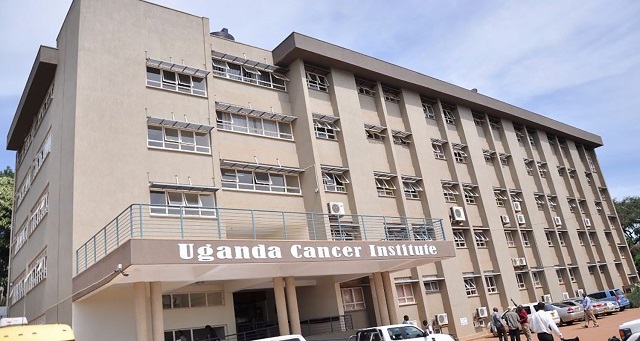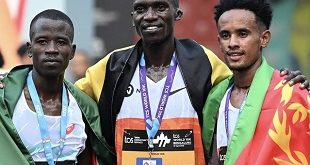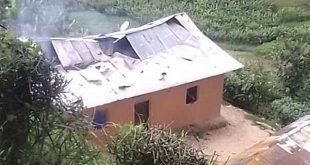
Kampala, Uganda | THE INDEPENDENT | At least 80 percent of the patients who go to the Uganda Cancer Institute-UCI for either cancer screening, management or treatment end up dying, according to Richard Ekwan, a health educator at the UCI.
Ekwan says the low survival rate results from the delay by the patients to do cancer tests and seek for the right treatment and management from the cancer experts.
Ekwan made the disclosure while addressing a health camp organized by the UCI in conjunction with the Rotary Club of Sonde held at Goma health centre III in Mukono municipality.
The UCI staff has done breast, cervix and prostate cancer screening to people from different parts of Mukono municipality.
The UCI is said to receive between 15 and 30 new cancer patients per day.
In 2018, Globocan statistics on cancer in Uganda, compiled by the World Health Organisation indicated that 32,617 new cancer cases were recorded. Out of those, 18,068 were female whereas 14,569 were male. The number of cancer deaths stood at 21,829 of which 11,819 were among females and 10,010 males.
Ekwan extends the blame to ignorance about cancer that propels many of its victims to spend money and time in shrines accusing their close relatives, friends and neighbors of bewitching them.
He says that on the side of the believers, instead of going to the UCI as some are recommended by the health practitioners, they end up in churches to seek divine intervention from the mushrooming pastors.
As a result, many cancer victims go to the UCI when they are at dangerous stages which can’t even enable them to get total treatment hence leaving them on the verge of death.
A counselor with UCI, Leah Kasule says in 1998 when she was working with the Uganda Commercial Bank, she did a self-examination and realized that she had breast cancer. Kasule however adds that when the experts told her that they were going to cut off her breast, she resorted to crying as she could not risk losing her breast “just like that”.
She notes that at the end, she went to a certain health worker who only removed a small part but that instead escalated her cancer as it later spread to the other parts of the body.
Janet Nakasujja, a resident of Seeta says she has always wanted to do both breast and cervix cancer screening but she had not got the opportunity. Nakasujja therefore says when she heard the UCI calling them at Goma health centre III, she decided to use that opportunity.
According to Ekwan, Ugandans are mostly diagnosed and die of breast, cervix and prostate cancer. He however says when detected early in first stages, they can be treated and one survives for even another twenty years and more.
Catherine Barasa, the President of the Rotary Club of Sonde says apart from cancer screening, they have also been able to work with Nakasero Blood Bank and carry out blood donation.
Barasa adds that this health camp marks the end of the club’s first 100 days and that it will be carried out annually.
*****
URN
 The Independent Uganda: You get the Truth we Pay the Price
The Independent Uganda: You get the Truth we Pay the Price



